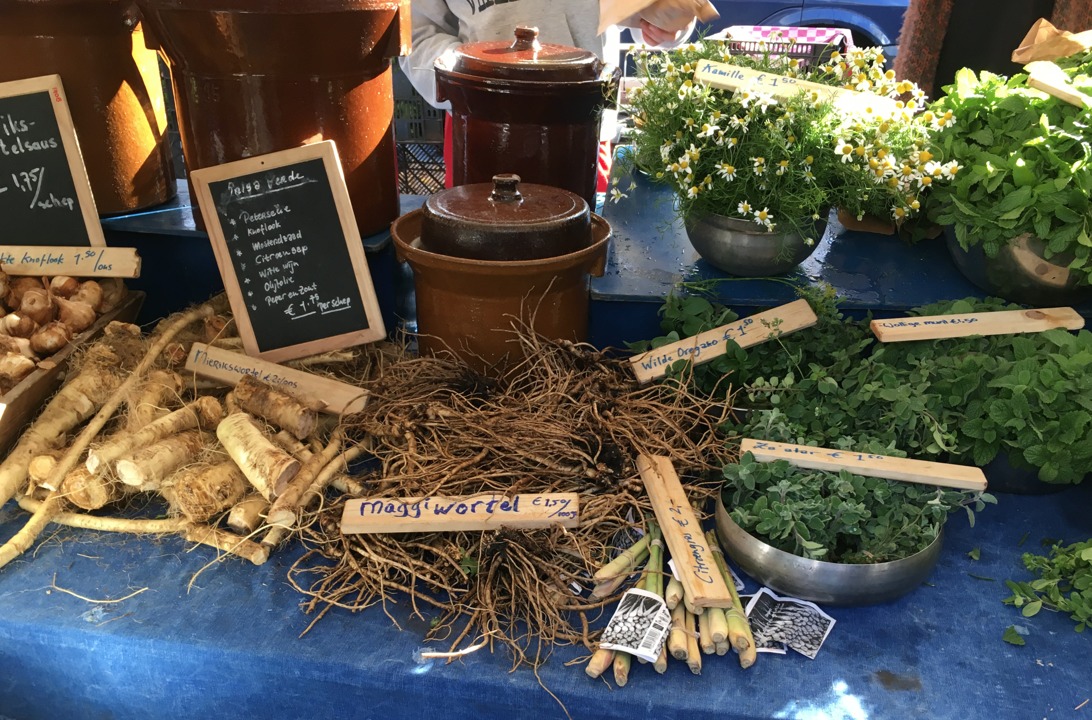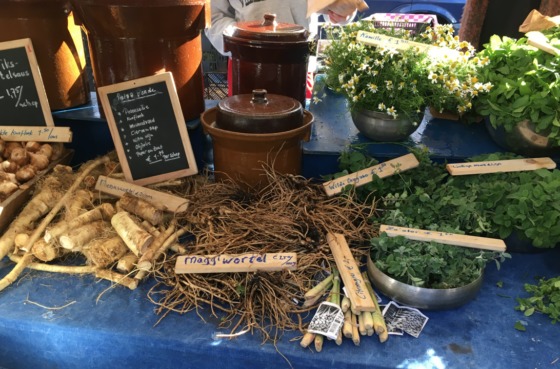Most Dutch consumers won’t pay higher prices for organic food: ACM


Most Dutch consumers are unwilling to pay higher prices for organic food and this is the main obstacle to creating a more sustainable farming sector, according to new research by consumer and markets authority ACM.
The research, carried out on behalf of the agriculture ministry, looked at price forming in the organic food chain and found that the additional costs farmers incur for producing sustainable food are covered in the prices they receive. In addition ‘in most cases, supermarkets earn lower net profits on organic products,’ the ACM said.
Yet although a small group of consumers are willing to pay a higher price for organic food, more consumers will have to join them if the supply of organic food is to be increased, as the government intends.
The ACM has made a number of recommendations to remove this obstacle to organic food sales growth. It suggests introducing subsidies or lowering value added tax, which is currently 9% on food.
It also suggests further cooperation between certification labels at an EU level will ‘make it easier for producers to charge higher prices for these products abroad as well’.
Government action
Nevertheless, measures to boost demand are unlikely to be sufficient, the ACM says.
‘Production-restriction measures may also be necessary, such as arrangements between farmers on higher sustainability standards, raising the statutory minimal sustainability requirements, voluntary buyouts of farmers that use regular production methods and are not able to switch, or even land expropriation,’ the ACM says.
‘Such measures obviously have far-reaching consequences for the agricultural sector, which will need to be studied in greater detail.’
ACM chief Martijn Snoep told the Volkskrant in an interview that just 5% of Dutch farmland is currently devoted to organic farming and that this is well below the rest of the EU.
‘With the current rate of growth, we will not meet the EU target of 25% organic farming by 2030,’ he said.
Farmers
Organic farming sector association Bionext said last month that organic products are, slowly gaining in popularity in Dutch supermarkets, with sales up nearly 13% last year. Milk, yoghurt and eggs are the best selling items, along with products with a longer shelf life, an increase possibly caused by coronavirus related stockpiling.
The reason the Netherlands is slow to catch up with its neighbours lies with the supermarkets’ continued focus on price, retail expert Paul Moers told Bionext.
‘The focus on price has a lot to do with our culture. We Dutch are the eternal traders and then the focus is on paying as little as possible,’ he said. ‘If we want to stimulate the organic market, we must discuss aspects other than price, and supermarkets should take more responsibility for doing this.’
Thank you for donating to DutchNews.nl.
We could not provide the Dutch News service, and keep it free of charge, without the generous support of our readers. Your donations allow us to report on issues you tell us matter, and provide you with a summary of the most important Dutch news each day.
Make a donation